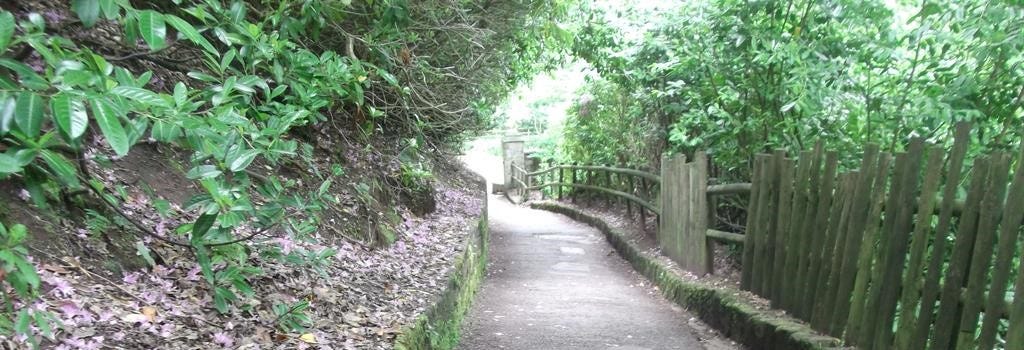Help for the Journey
Preparing for the Nineteenth Sunday after Pentecost: Three Days before Sunday (Year C)
Scripture (semicontinuous)
Psalter: Psalm 119:97-104
Old Testament: Jeremiah 26:1-15
Epistle: Acts 17:22-34
Scripture (complementary)
Psalter: Psalm 121
Old Testament: Isaiah 54:11-17
Epistle: Acts 17:22-34
___
Prayer
O God, Spirit of righteousness, you temper judgment with mercy. Help us to live the covenant written upon our hearts so that when Christ returns we…
Keep reading with a 7-day free trial
Subscribe to Faith Seeking Understanding to keep reading this post and get 7 days of free access to the full post archives.




